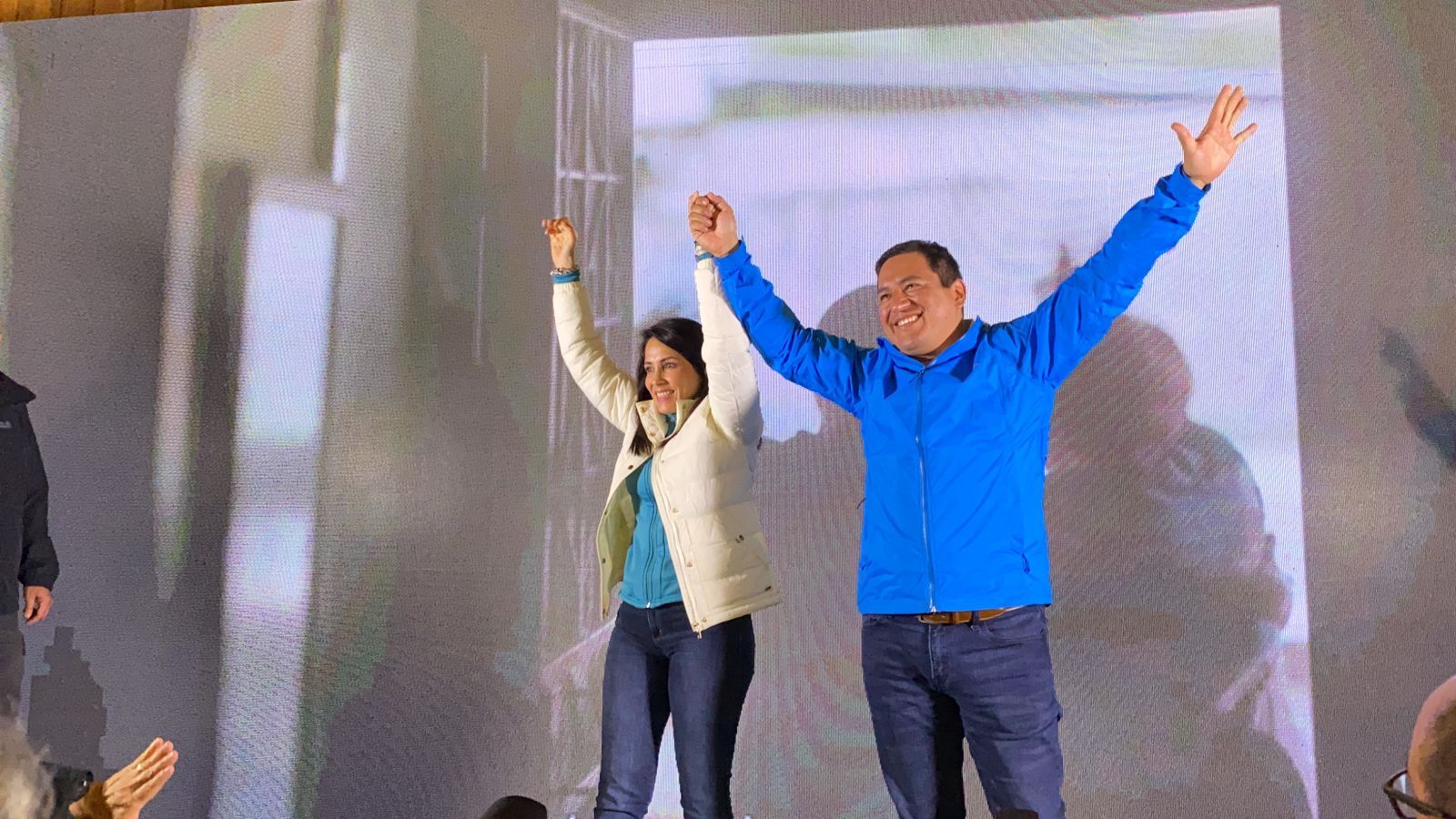
Correismo's presidential candidate Luisa González (left) and her running mate Andrés Arauz (right) celebrate after the first round of the presidential elections in Ecuador, August 20, 2023. Photo: X/@LuisaGonzalezEc.

Orinoco Tribune – News and opinion pieces about Venezuela and beyond
From Venezuela and made by Venezuelan Chavistas

Correismo's presidential candidate Luisa González (left) and her running mate Andrés Arauz (right) celebrate after the first round of the presidential elections in Ecuador, August 20, 2023. Photo: X/@LuisaGonzalezEc.
By Alfredo Serrano Mancilla – Aug 25, 2023
Gonzalez and Noboa Vie for Presidency in Ecuador, Correismo Makes Gains in Congress
Western Applause for Yasuni Vote in Ecuador Reeks of Imperial Hypocrisy
Alfredo Serrano Mancilla is a journalist and the president of Latin American Center for Strategic Geopolitics (CELAG).
(Página12)
BLA